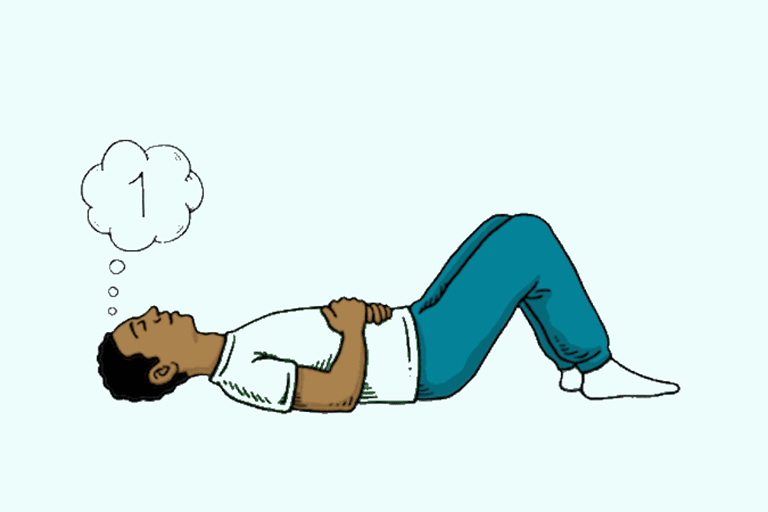Addiction and Buddhism
People who know me, know that I'm a bit of an evangelist for meditation. Meditating, aside from the obvious benefits of relaxation, allows you to watch what's happening not only with your body, but more importantly with your mind. The place, where quite frankly, addicts and alcoholics see mostly as a bad neighborhood. Learning to understand the thinking that goes on up there and subsequently understanding and more importantly disengaging from it, has been crucial to my sobriety.
It's tough to get into meditation without getting a hint of Buddhism. This article at The Fix makes a pretty compelling argument for how recovery and Buddhism are a likely match. At least the eyes of the author of "How Addiction Prepares You for Buddhism," by Nathan Thompson.
Thompson writes, "The most helpful thing I learned from the 12-step program was the idea I needed a “necessary spiritual experience” to recover, an idea the program’s founders attributed to Carl Jung who apparently pointed to the long history of drunks reforming after finding religion. Post-rehab I knew I needed to reconnect with the sacred. I got clean to spare my family the pain of my addiction but that wasn’t enough to keep me sober; I needed a reason to live."
Interestingly, Refuge Recovery was conceived by bestselling author and Buddhist teacher Noah Levine who adapted the Buddha's Four Noble Truths and Eight Fold Path into a systematic approach to recovery from alcohol and drug addiction.
In his book he describes Addiction as the repetitive process of habitually satisfying cravings to avoid, change, or control the seemingly unbearable conditions of the present moment.
He then describes Recovery as the process of healing the underlying conditions that lead to addiction. It is establishing and maintaining the practice of abstaining from satisfying the cravings for the substances and behaviors that we have become addicted to. Recovery is also the ability to inhabit the conditions of the present reality, whether pleasant or unpleasant.
In his article, Thompson opines, "I found that my experiences as an addict provided a crash course in Buddhist philosophy, especially the Four Noble Truths. The Buddha’s first two Noble Truths say there is suffering and it’s caused by clinging and craving."
And any addict can identify with suffering and craving, which, at least according to Thompson, and I would tend to agree, gives them a head start to a deep understanding of a philosophy that's been around for thousands of years.






